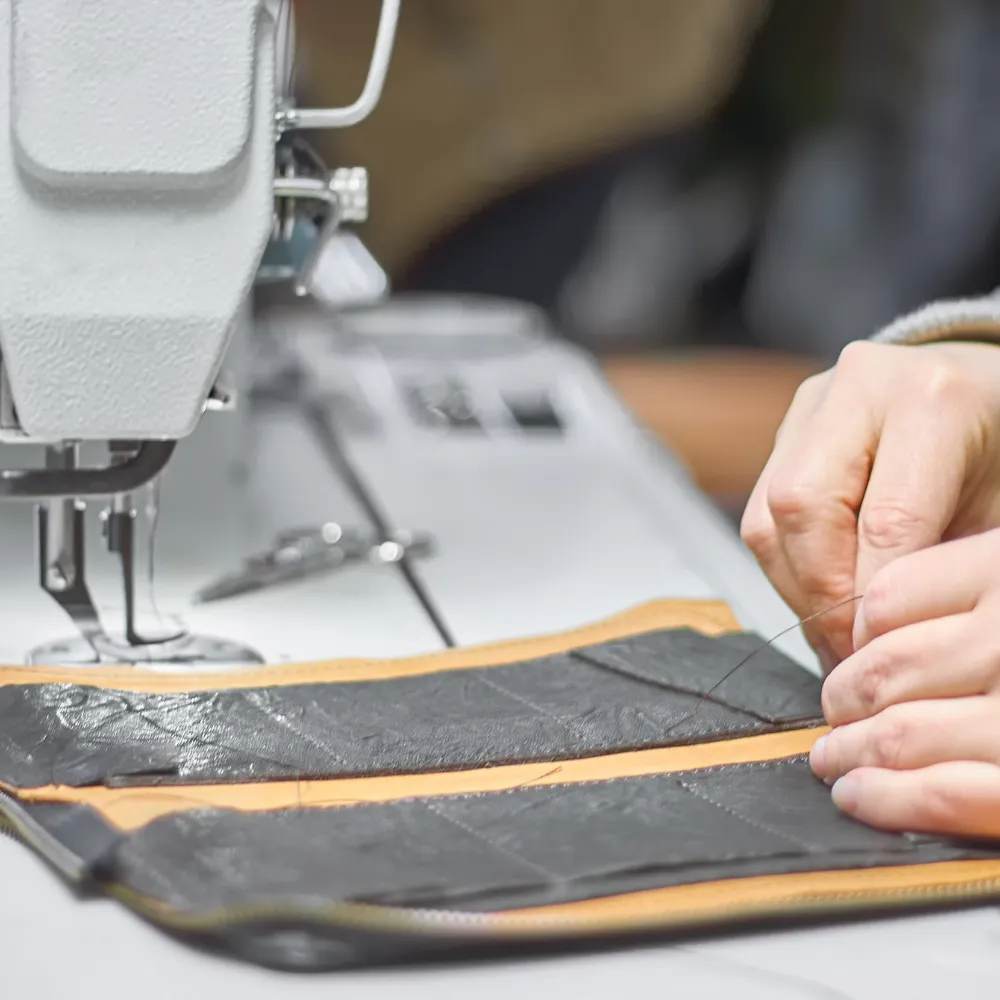Şanlısoy
Our company, which started to provide services in the field of website design in the 2000s when the internet started to become widespread, was founded by our founder Abdülkadir Şanlısoy and has provided web design, web programming, internet technology infrastructure services since then. Today, it provides services with its own brands in different sectors such as production, export, electronics and technology product sales.
Discover moreGet in Touch
Why Custom Solutions Are the Future of Manufacturing
- Şanlısoy
- 28/08/2024 01:38
The manufacturing landscape is undergoing a significant transformation, driven by the increasing demand for customized solutions. Traditional mass production methods, while efficient for standardized products, often fall short when it comes to meeting the specific needs of modern consumers. As a result, more companies are turning to custom solutions that allow for greater flexibility, innovation, and customer satisfaction. These tailored approaches enable manufacturers to produce unique, high-quality products that cater to niche markets and individual preferences.
One of the primary advantages of custom solutions in manufacturing is their ability to enhance efficiency. By focusing on specific requirements and reducing unnecessary production steps, companies can streamline their operations and reduce waste. This not only leads to cost savings but also contributes to more sustainable manufacturing practices.
Custom solutions can leverage these technologies to create highly responsive manufacturing environments that can quickly adapt to changing market demands and customer needs. This level of flexibility is becoming increasingly important in a global market where speed and agility are key competitive advantages.
Driving Innovation Through Custom Manufacturing
Driving innovation through custom manufacturing goes beyond meeting customer demands; it fosters innovation within the industry. Custom manufacturing enables experimentation with materials, designs, and techniques, opening new avenues for product development. For instance, companies can quickly and cost-effectively produce prototypes, allowing for faster iteration and improvement.
Custom manufacturing also promotes collaboration among designers, engineers, and customers, creating a culture of innovation. This collaborative process allows for the exchange and refinement of ideas during production, enabling manufacturers to develop products that exceed market expectations. Rapid innovation is essential for maintaining a competitive edge in today’s fast-paced industrial landscape.
Furthermore, custom solutions are reshaping business models in manufacturing. On-demand services, where products are made to order, are becoming more prevalent, reducing overhead costs and the risk of overproduction while catering to the growing consumer demand for personalized products.
The Future of Manufacturing: Embracing Custom Solutions
As the manufacturing industry continues to evolve, custom solutions are set to play an increasingly vital role in shaping its future. The ability to tailor products and production processes to meet specific customer needs is no longer a luxury but a necessity in a market that values personalization and innovation. Companies that invest in custom manufacturing technologies and strategies are likely to enjoy significant competitive advantages, including increased customer loyalty, faster time-to-market, and enhanced operational efficiency.
In the coming years, we can expect to see even more advancements in custom manufacturing, driven by ongoing developments in digital technologies and materials science. These advancements will enable manufacturers to offer even greater levels of customization, from fully personalized products to adaptive manufacturing systems that can switch between different production runs with minimal downtime. As a result, the line between mass production and custom manufacturing will continue to blur, leading to a more flexible, responsive, and customer-centric manufacturing landscape.
Ultimately, the future of manufacturing lies in the ability to adapt and innovate, and custom solutions are at the forefront of this transformation. By embracing these tailored approaches, manufacturers can not only meet the evolving needs of their customers but also drive the industry forward into a new era of efficiency, creativity, and sustainability.



